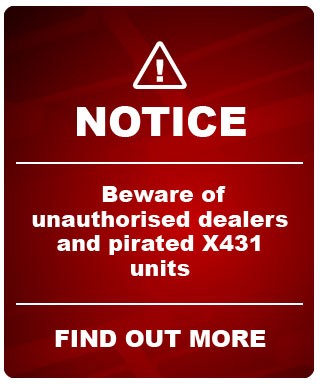What should you watch out for when using and replacing brake fluid?
This entry was posted on October 21, 2019.
1) When the brake fluid is mixed with mineral oil, the brake fluid should be completely replaced. For example, when gasoline, diesel or engine oil is inadvertently mixed into the brake system using synthetic brake fluid, it is likely to reduce the braking effect due to the incompatibility of the oil.
2) Brake fluids of different types or different grades must not be mixed. For brake systems with special requirements, a specific grade of brake fluid should be added. Due to different brake fluid formulations of different types or brands, the mismatched or refilled brands may cause the brake fluid quality index to drop and fail to meet the braking requirements. Even those brands that are more miscible and indicate that they can be mixed or replaced may not be used as well, and it is best not to use them for a long time.
3) When the brake fluid mixes or absorbs moisture, or if the brake fluid is found to have impurities or sediment, it must not be injected together. At this time, it should be replaced or carefully filtered, otherwise the brake pressure will be insufficient. Affect the braking effect.
4) If the vehicle is running 50,000 km or the brake fluid is used continuously for more than 2 years, the brake fluid may be deteriorated due to long-term use. It should be replaced when the liquid is turbid and thick.
5) Vehicles equipped with brake liquid level alarm device should observe whether the alarm indicator light is shining at any time, and the performance of the alarm sensor is good. When the brake fluid is insufficient, it should be added in time. The stored brake fluid should be kept between the calibrated minimum capacity scale line and the highest capacity scale line.
6) When the vehicle is in normal driving, if the brake is light and heavy, the brake fluid should be replaced, and the brake system should be cleaned with alcohol before replacement.
7) When the vehicle brakes off, the brake system should be fully inspected. If it is found that the individual pumping bowl is too large, it indicates that there is a problem with the quality of the brake fluid. At this time, the brake fluid with good quality should be re-selected and replaced.
8) The brake fluid should be stored in a sealed container. It should not be stored in the open or open air. It should be mixed with water or absorbed into the moisture. Otherwise, the boiling point of the brake fluid will drop, which will cause air resistance in the brake pipe. Brake fluid is mostly chemical products, should be kept away from fire sources to prevent fire.
9) When changing seasons, especially in winter, if the brake is weak and the braking effect is reduced, it may be that the brake fluid level is not suitable for the winter climate. At this time, the new brake fluid is replaced, and the low temperature viscosity is preferably small.
10) After replacing the brake fluid, the air in the brake pipe should be released. The basic principle of deflation is “from far to near, from top to bottom”, one by one.



